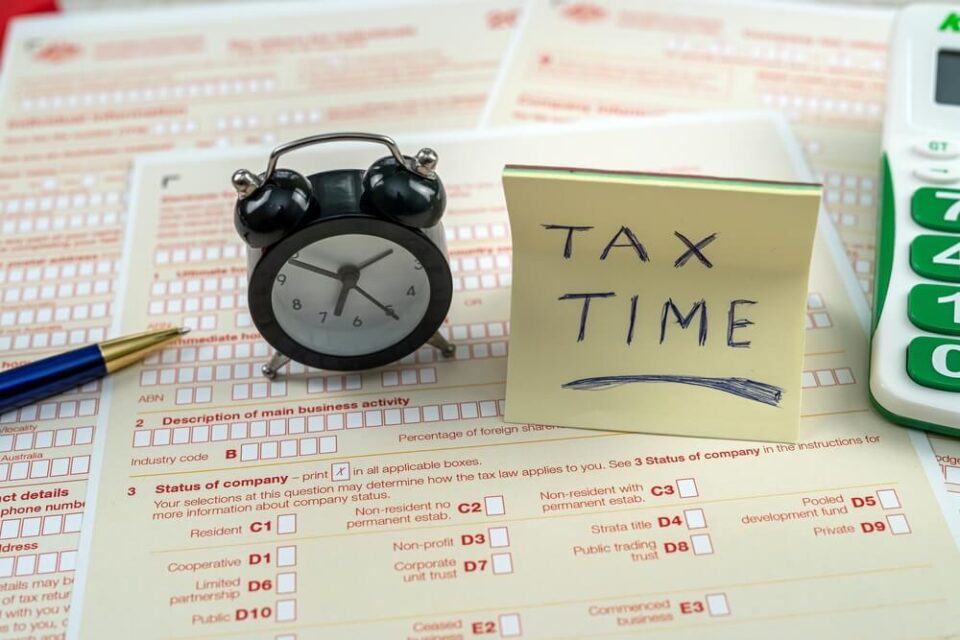Introduction
In Singapore, punctual corporate tax filing is a crucial responsibility for businesses. The Inland Revenue Authority of Singapore (IRAS) enforces precise deadlines and imposes fines for late compliance. Understanding these penalties is essential for associations to avoid irrelevant financial burdens and maintain agreement with tax management.
Filing Deadlines
Corporate tax returns in Singapore must be filed by November 30th for paper submissions and December 15th for electronic compliance. These deadlines are non-variable, and businesses are heartened to prepare their financial declarations well in advance to guarantee timely filing. You can get help from providers of corporate tax filing services in Singapore.
Penalties for Late Filing
1. Initial Penalty
If a firm abandons to file its tax form by the stipulated deadline, IRAS imposes an immediate late grinding penalty. This primary penalty is usually a flat fee, that serves as a warning to the company to obey it promptly. The exact amount can vary, but it mainly starts at SGD 200.
2. Additional Penalties
Should the company continue to delay its filing, additional penalties will be imposed. These can escalate considerably, with IRAS impressive further fines that can reach up to SGD 1,000 or more, depending on the event of the delay. The longer the delay, the higher the penalty, reflecting the growing severity of noncompliance.
3. Summons and Court Fines
Persistent non-compliance can bring about more severe consequences. If an association fails to file its tax return regardless of repeated reminders and punishments, IRAS may issue subpoenas to the company directors.
This legal proceeding can result in court fines, that are substantially above administrative penalties. Court fines can get up to SGD 10,000, and in extreme cases, directors may face imprisonment.
4. Impact on Business Operations
Late filing penalties not only affect a business’s financial standing but also its reputation. Consistent disobedience can lead to raised scrutiny from supervisory bodies, affecting the association’s ability to secure loans or intrigue investors.
Additionally, the bureaucratic burden of dealing with penalties and permissible proceedings can amuse resources away from core business projects.
Mitigating Penalties
1. Timely Preparation
The best way to prevent penalties is through timely development and submission of tax returns. Companies should maintain correct financial records throughout the period and engage qualified tax professionals to guarantee compliance with all tax responsibilities.
2. Seeking Extensions
In certain chances, companies may authorize an extension of the filing deadline. This is usually granted in exceptional cases where the company can illustrate valid reasons for the delay. However, it is critical to apply for an extension well before the original limit to avoid punishment.
3. Engaging Professional Services
Hiring professional tax consultants can be a wise investment for trades. These experts can supply valuable guidance on tax planning and agreement, helping Company Incorporation in Singapore navigate complex tax management and avoid costly punishments.
Conclusion
Understanding and adhering to corporate tax filing deadlines in Singapore is critical for businesses to prevent penalties and uphold a good standing with IRAS. Ultimately, proactive compliance not only safeguards an association’s financial strength but also embellishes its reputation and functional efficiency.

